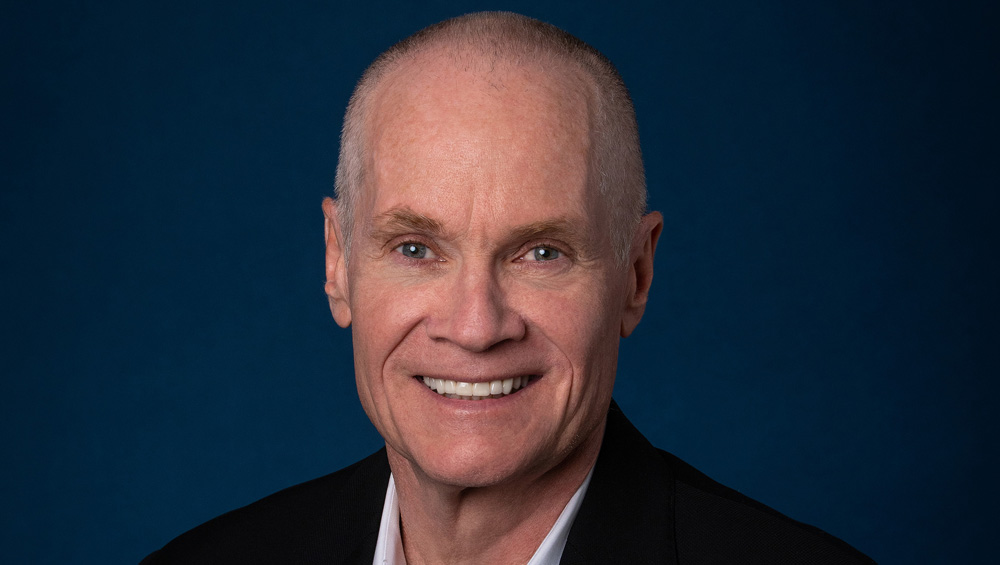
Fox’s Abernethy: Expanding News Must Avoid The ‘Ron Burgundy Shuffle’

The return of 10 p.m.’s primetime hour to local stations is a done deal, as far as Jack Abernethy sees it. The only open question is how broadcasters will fill it.
Abernethy, the longtime CEO of Fox Television Stations, says the industry’s biggest mistake would be to default to its signature “Ron Burgundy shuffle,” a two-anchor, standard format newscast that has already saturated the market. The extra hour demands programming innovation, he says, and Fox’s stations are each labs to figure out what that means in their respective markets.
In a wide-ranging interview with TVNewsCheck Editor Michael Depp, Abernethy weighs in on the innovations he thinks have worked so far and how automation must lighten the load on newsrooms under pressure to produce ever more local content. He shares his thoughts on ongoing hiring challenges and the efficacy of continuing post-pandemic Zoom meetings with GMs. He also speaks to NATPE’s demise, syndication’s prospects and Fox’s multi-pronged streaming strategy, including where he sees cracks starting to show in big streamers’ programming profligacy.
An edited transcript.
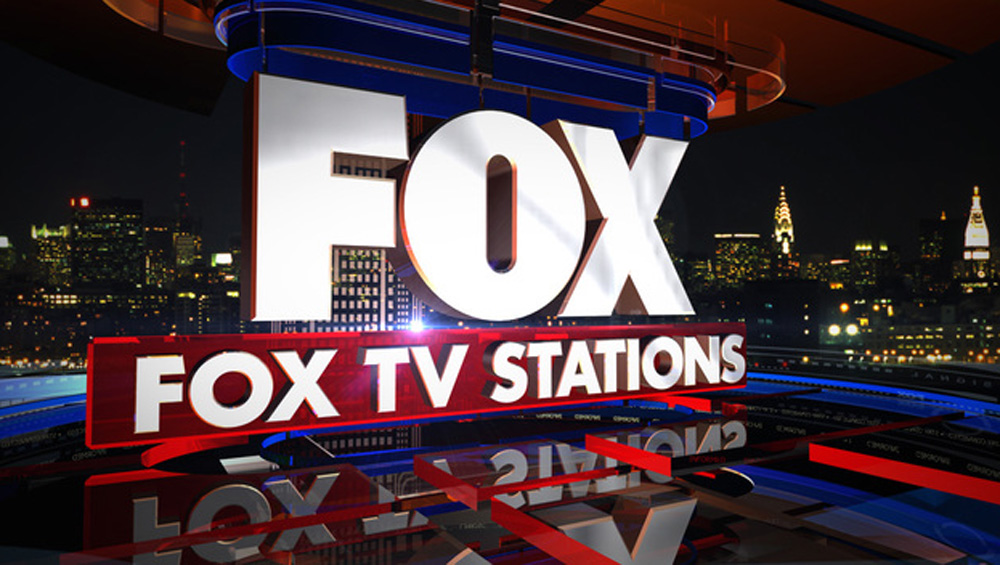 Fox’s stations and affiliates have long been used to having a 10 o’clock prime time slot to themselves for local programming, but now NBC is making noise about potentially returning that hour to its affiliates and other networks could easily follow. What would that mean for your stations?
Fox’s stations and affiliates have long been used to having a 10 o’clock prime time slot to themselves for local programming, but now NBC is making noise about potentially returning that hour to its affiliates and other networks could easily follow. What would that mean for your stations?
Well, I think number one, it is an indication of how great our model has been for many, many years. We have got the best two hours of primetime, we were able to jump ahead and do news at 10, and as a result, a well-run competitive Fox station is in many cases — or most cases — more profitable than any ABC, CBS or NBC. We have understood the value of this model all along.
What it means for us is there is going to be more competition for news, but for years, we were the only station group that added news. We have added about 180-plus hours in the last five years but going back 10 years we saw that the quality and the economics of syndication was changing and that we were very successful by adding news.
We are going to have to continue to be good and better, but it also means rather than just divide up the potential audience among NBC and other competitors, we are going to have to look to do different formats. One of the things that I joke about what I call the Ron Burgundy shuffle, which is the standard two-anchor process. There’s diminishing returns with the Ron Burgundy shuffle. You are really going to have to make new and different products if you are going to grow the audience rather than divide it up among the existing viewers.
Your group has always produced a very large number of daily hours of local programming and that has only been expanding. Are you able to sustain that at your current level of staffing at most stations?
Yes. There has been a steady technological advance that has allowed for news to be more efficient and effective. So, when we have expanded either earlier or later in the day, we have been able to do that very cost effectively. The real issue is going to be the margins. If there is a substantial increase in news programming, then there will be pressure from a margin standpoint on sales, hence the need to be better and to look for different formats or talent and to try new things.
Are you actively looking at more newsroom automation as one way to mitigate pressure on staffers?
There is always room to be more efficient and effective. It is better to continue to use studio automation and newsgathering techniques that allow for more coverage and fewer resources. That process is never-ending.
The Great Resignation has been a problem for the industry for quite some time. Where are you standing with that right now? Are you having difficulty hiring?
Separate from the pandemic, broadly speaking this business has become more competitive for eyeballs, for advertising, but it has also been becoming more competitive for people and for talent because people have other opportunities. Working in a television station used to be the most sexy, interesting job in all of media and now we are competing with other forums. As we have gotten into digital, we are proportionately hiring more people with those skills. It forces us to look to a deeper pool of talent, to treat people better and have our organization be places [where] they want to work at and to have a healthy environment.
Are producers and executive producers the most sought after in that mix right now?
Producers, yes, but also engineers, IT people, salespeople. You need the kind of people that are flexible, innovative and confident, and that is hard.
You had a practice during the coronavirus of having frequent Zoom meetings with your GMs and senior staff, and you’ve held on to doing that. What is the value of continuing to meet in that way now that we are past the crisis?
In the past, given the fact that we had 17 different locations, it was very expensive to get everyone in the same room. We would do conference calls, but video calls are just a lot more impactful from a communications standpoint. They were a mix of good ideas bubbling up and then best practices coming down, and that was the key to why those were so important. That process is equally important when it comes to news or programming issues or selling digitally or how we hire people.
You need that kind of communication when we throw out a challenge and someone comes back and says here is the best way to hire tech people, here is our message. Those calls, which served the purpose of COVID, now are becoming even more valuable as we wrestle with many issues. There are limits on Zoom calls, but there’s enough of an improvement over conference calls that forces people to be present that makes them really valuable.
And it has probably given the GMs a sense of the bigger picture and the challenges that we all have growing together at the same time. It has given me and my corporate staff a much better position on the individual challenges people have and how we support them.
Are you virtualizing or hybridizing more positions? Are you more open to doing that since the pandemic?
I don’t think there’s a one size fits all. It’s about performance. We are open to that in some positions. Sales support and finance support have worked exceptionally well remotely and may never change, but there’s also things for which there is just no substitute for interaction.
Let’s talk about programming. What are some of the examples that you find to be most promising as you are venturing into new permutations of news?
We did a show in Minneapolis [at KMSP] called The Jason Show, a single-anchor show. It has been on for many years, and it has been successful. We have a really good management team there that made that happen.
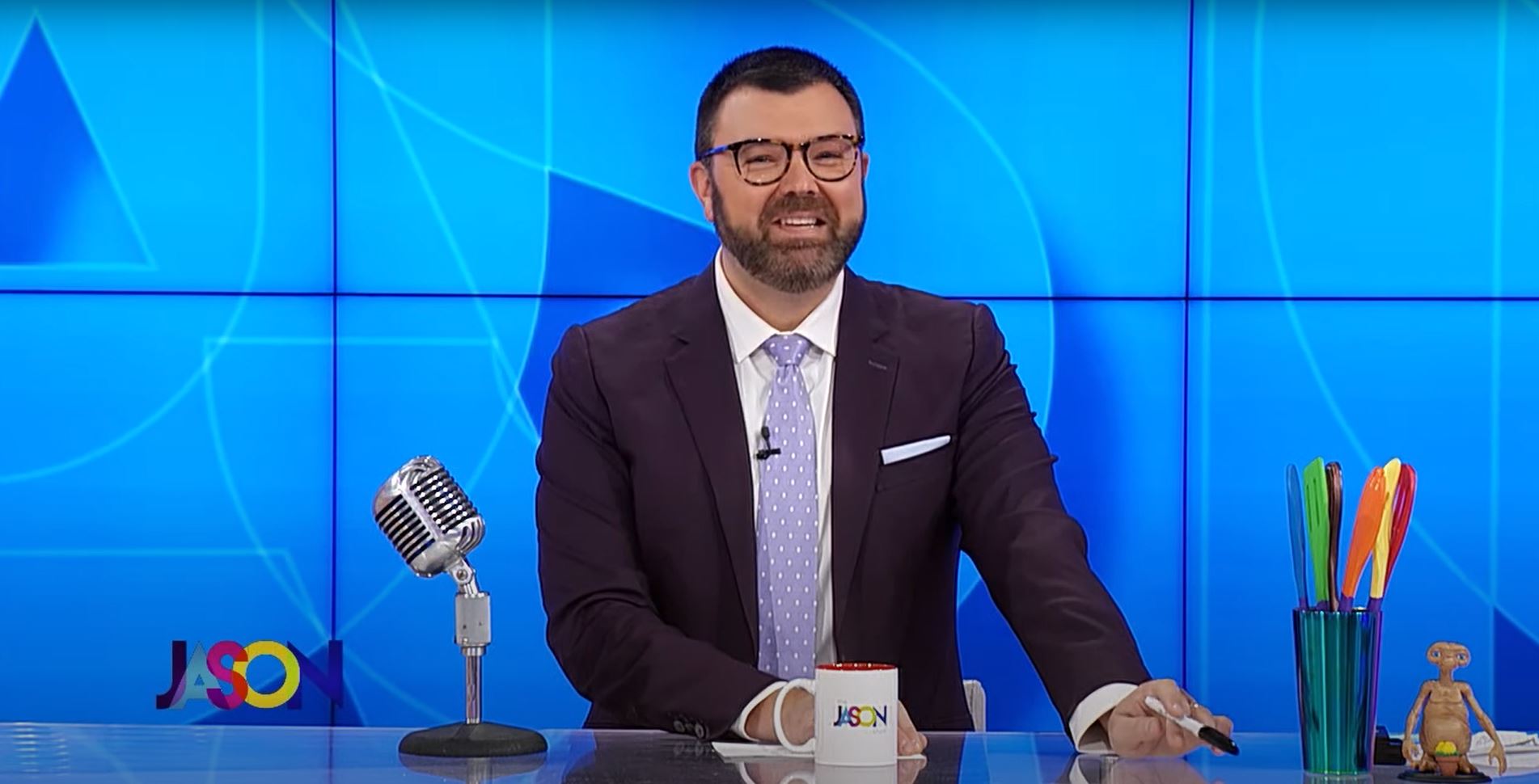
Jason Matheson of The Jason Show on KMSP Minneapolis.
The thing about being innovative is you don’t just try things and they work every time. If you want to create something new, you need to try things that don’t always work. For example, in Philadelphia we did a show and said, let’s see if we can do all the news in 10 minutes and serve the customer in that way. The show did not work, but I love the fact that they gave it their best shot, promoted it and then said it’s not working.
The [programming] in Washington [WTTG] is different and interesting. In Houston [KRIV], we added a show called The Isaiah Factor. It was a single-host show. We encourage the team to take risks. Not all of them work, but you have to create. There’s always been a culture that encourages risk-taking, but it also encourages recognition when things fail.
There is also a reason why the more formatted shows also work, and people are very comfortable with that. Those are formats that people are very comfortable with over the years. But if you are going to expand and you are going to want people to watch for a long period of time, you have to give them something different. You can’t be running the same thing over and over again.
Younger viewers are a little more impatient. They are going to want to see things faster. We are finding on a connected TV that younger viewers actually are watching local news streams in fairly large numbers. Younger people are gravitating to new formats, discarding old ones, so we have to be mindful of that process.
Some of the other groups are starting to form R&D labs to develop new kinds of news products. Is this something under consideration?
No, absolutely not. The lab is at each station. The lab is in the news director and the team. There’s no substitute for knowing your audience. The Murdochs have always been very entrepreneurial, and that means to know your audience.
The thing about trying new shows is you have to give them time. You have to iterate things. Typically, in linear television you don’t do that. You they spend a lot of time, you do research, you do focus groups, you get the pilot, you put it on and then it either fails or not and without any chance to fix it.
NATPE recently filed for Chapter 11 and then canceled the January conference. What are your thoughts on that and what it signals in a larger sense about the syndication market?
I was on the board of NATPE. It is disappointing. People have an emotional connection to NATPE and a lot of business was done there, but COVID had a big impact on accelerating the demise of NATPE, at least in its current form. There is still a great need for what NATPE did to put the industry together to talk.
Beyond NATPE, how do you look at the syndicated marketplace right now?
I could see years ago that the big, expensive studio shows were going to be few and far between. The sitcoms that Fox, in particular independent stations, lived off and became profitable on were either not going to be coming or be fewer and far between. So, we went out and developed our own, shows that weren’t going to be a big Oprah Winfrey goldmine, but could be game shows, court shows that could be run in different time periods. There is still a great need for that kind of show.

KRIV Houston’s The Isiah Factor with Isiah Carey.
If more networks like NBC begin to cut back, you will see a greater need for those shows because there are diminishing returns on adding news. It’s a healthy little business. You have some good people out there still producing shows — Debmar, Warner Bros. and others. The organizations don’t have the big overheads that they had.
When is auto coming back in spot?
Well, it’s back now. I mean, auto is pacing nicely ahead off a lower base because of COVID and chip shortages, but I think that has been our bright spot from a comps point of view in the quarter that just ended and the quarter we are in. The threat of recession has impacted some other categories, but not as bad as everybody thought. The overwhelming political numbers maybe pushed some categories out as they always do. Auto is looking really good in our markets.
Can you speak to the persistent rumors of a merger between Fox Corp and News Corp?
Not really. I only know what I read, so nothing really to add.
I’m also wondering about the stations’ relationship to Fox News. If there is a big national story, do you throw to them for reporting?
Oh, absolutely. I mean we are more integrated than ever with Fox News and, in particular, with Fox Weather. The way we covered Hurricane Ian was really unprecedented. Remember, we are on the air with news in many cases double or triple the time that, at least locally, than our NBC, CBS and ABC competitors. So, we had a need in big breaking news to use their resources, and it has really worked to our advantage with breaking news.
Your stations don’t have the political baggage and associations of Fox News, so does that ever create an issue?
I wouldn’t feel the weight of a far-left MSNBC on my brand if I was an NBC station, but I think the answer to your question is no. Our viewers know that we are covering it down the middle, and we gear that coverage really to the market. In many ways you might see a different take on something in Dallas than you would in San Francisco, but they are pretty much straight, hard news. We are able to get the best of the Fox News resources’ reach in newsgathering, but they do something very different than what we do. The idea that the MSNBC overhang on an NBC station is different than Fox News to me is misguided.
Weather is a hypercompetitive space in local markets. Has working with Fox Weather and all of the tech arsenal that it has moved the needle for your local stations in terms of ratings or digital performance? Is there a competitive difference that you can measure in some way?
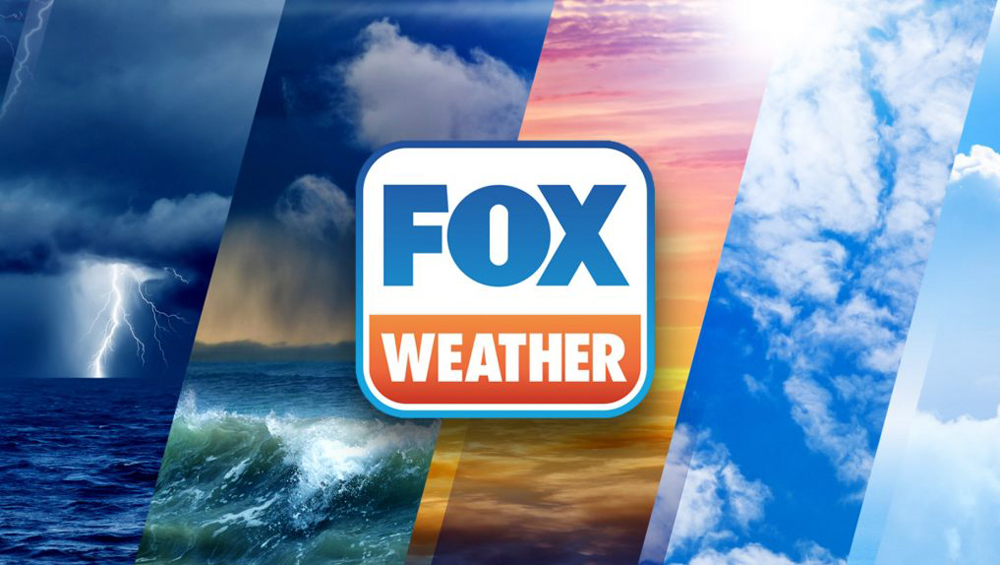 I don’t think we can measure. The Nielsen numbers are so unreliable. But the quality of it has clearly improved, and that is really what we are focused on, in particular with big stories where you are going to cover a hurricane for three days. You need to have fresh, interesting, different perspectives. If you super-serve a group of people when they are highly interested and highly stressed and you can serve them during the time of a big weather event, you may have earned a loyal viewer going forward.
I don’t think we can measure. The Nielsen numbers are so unreliable. But the quality of it has clearly improved, and that is really what we are focused on, in particular with big stories where you are going to cover a hurricane for three days. You need to have fresh, interesting, different perspectives. If you super-serve a group of people when they are highly interested and highly stressed and you can serve them during the time of a big weather event, you may have earned a loyal viewer going forward.
What is your view on just how bad Nielsen’s measurement problems are right now and how that is impacting your business?
I don’t think anything is new. Their sample sizes are too small and unreliable, the ratings are not reliable, and it makes it very difficult. It is also easy for everyone else to say they are going to go somewhere else, but I think it makes it very hard on the buying community if every single company they purchase from has different currencies. You really need a single currency to make exchange easy. You just have a conundrum that the currency is run by a monopolistic company. It is very difficult to change those dynamics. And believe me, I have tried.
On the streaming front, Fox Soul had initially been framed as the tip of the iceberg of other niche-oriented streaming channels from the group. What is going on with Fox Soul? Any expansion of the program hours or changes to the programming?
We haven’t expanded, but we developed a really nice library. We are finding that a lot of the viewing is on-demand rather than live, so we are learning. We talked earlier about flooding the market with traditional news. I thought that it made more sense to go niche and that came from my long experience in watching new formats. I was around when cable came in. What succeeded were niches. C-SPAN was a niche. The Weather Channel was a niche. Even before CNBC, there was the Financial News Network. There was Court TV. It’s the niches that succeeded.
The same thing happened on the internet. Who succeeded initially? It was Drudge, Huffington Post. Whenever I see a new format, trying to take what was working in one platform and pushing it out on the other while everyone else is doing the same didn’t seem to be the way to go. That is why we are doing Soul. That is why we are doing LiveNOW.
Is there another niche site in the offing? Do you have something ready to go?
No, I don’t. But I am thinking about it, which is why in many ways LiveNOW is our lab to figure out what’s working at the edge.
LiveNOW has been around for a bit, and it keeps widening its distribution. It is a very lean operation, essentially aggregating and DJing news content from across the group. Why did you take that approach to a FAST channel? What about that model works to you?
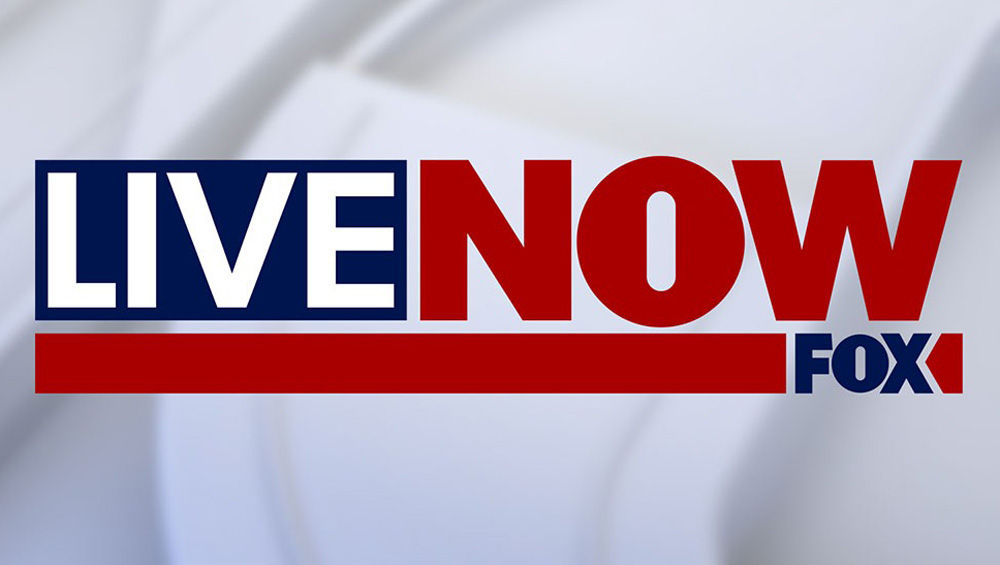 I need to go back to the beginning. I am in upstate New York, going to dinner and driving past this little radio station. I notice they have a window. There was one guy doing the show and by himself, and I thought if you can do a radio show with one guy, why can’t you do TV? So, I got my engineers together and said let’s do a newscast with one person. Ninety percent of them looked at me like I was insane. Phoenix said OK. This was seven years ago. The challenging piece was not the equipment. It was finding the individual who [had] the skills that normally eight people had.
I need to go back to the beginning. I am in upstate New York, going to dinner and driving past this little radio station. I notice they have a window. There was one guy doing the show and by himself, and I thought if you can do a radio show with one guy, why can’t you do TV? So, I got my engineers together and said let’s do a newscast with one person. Ninety percent of them looked at me like I was insane. Phoenix said OK. This was seven years ago. The challenging piece was not the equipment. It was finding the individual who [had] the skills that normally eight people had.
No small thing.
No small thing. We had good people at that station who were really good at some of those eight jobs, but to find someone who was willing to try all eight we had to go to young people right out of college. They didn’t know what they didn’t know. And it has been profitable from Day One, which no streaming FAST channel can say. My experience is if you want innovation, you start out with fewer resources, which probably defines Fox and News Corp. generally over the last 30 years. Then you build.
You stream your local news on Tubi, the Fox owned, ad-supported streaming service. Is that a significant source of viewership and revenue for you?
Not yet, but, in general, viewing on connected televisions is growing. The advertising available on streaming and FAST channels is growing significantly, and so we are looking at that very closely. We expect to expand in other platforms. On the new platforms, you really have to evolve the product. You can’t just push out one platform to another. You need to do some kind of different format geared more successfully to that platform.
Speaking of streaming revenue, when do you see it becoming a significant or a higher percentage of overall revenue?
In many ways, it has a lot of the same issues that the web has, which is a growing supply somehow outstripping the demand. They don’t have scale yet, but the ability to target advertising via a connected TV gives [streaming] a real advantage over linear television. That is why we are selling the connected television product through FLX. Over time it is going to be a real growth opportunity.
Niche notwithstanding, when are we going to see standalone apps for your local stations?
I don’t know the date. We are actively working on those. It is important, especially for the hardcore fans, but I don’t want to give dates for that or launching on the various FAST platforms because they are fluid and sometimes take more time than you would think.
What have you learned from LiveNOW that might now be applicable to the station apps when they come out on streaming?
A lot of people covered it, but the Johnny Depp trial was enormous. From it, we have learned that with certain events almost every other media group is going to cut away when it’s not so interesting, but we may have found a niche by just staying there.
Also, getting the feedback that you get with digital that you don’t get in linear. And we are learning the human potential, balancing a number of different things that otherwise were done by a group. That is something that can be applied to local apps.
With the local apps, do you envision the content more or less mirroring what’s on air?
It is going to be an iterative process, and the beauty with connected TV is you will know what works, who is watching, how long they are watching. We are going to have to look at reducing the commercial load because there’s less of a tolerance for that.
Will Fox ever be simulcasting NFL games on a streaming platform as Peacock does with some games now?
I would never say never, but I think our company is unique in that we are focused on putting our best product within the bundle. We think it is the best. All of our NFL, our news, our best content is available via pay services in the bundle. Right now, we are not looking to dilute that effort by driving another business and quite frankly it makes it a lot easier for us to do what we do best.
Do you think that the streaming of Sunday Night Football by NBC on Peacock and Thursday Night Football by Amazon has damaged the whole linear ecosystem on which your stations rely?
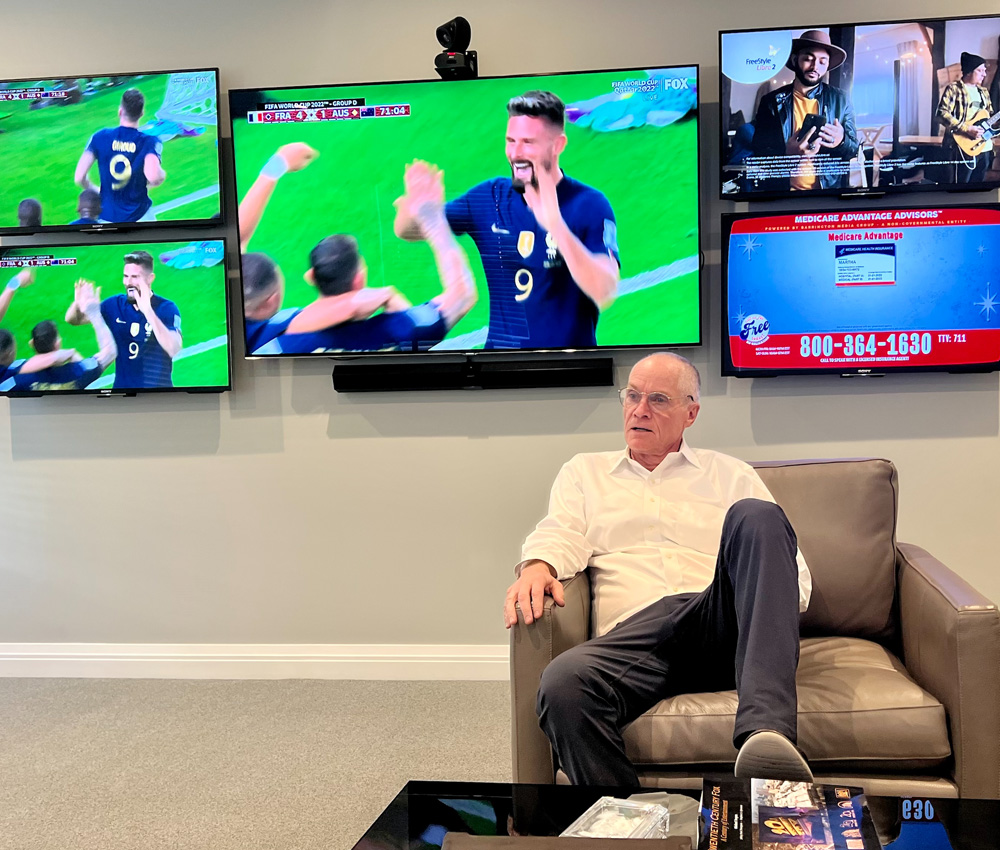
Abernethy in his office.
I don’t think it is now. I mean, for our stations, we are still doing the local games in the market. We did a few with Amazon. My instincts are that having it available on a streamer has probably grown a certain portion of [its audience]. Having it not available on linear is probably hurting. We will see. But Fox Stations are very comfortable with our relationship with the NFL and serving our customers through the traditional means that we have now.
Given the prevalence of streaming, do you see broadcasting as no longer the preeminent TV medium, that streaming has usurped it as king? If so, is there any way to recapture that crown for broadcasting?
Streaming will grow, but the kind of scale that you are going to see in broadcasting for the World Cup just really reaches out to larger groups. We are going to still be the preeminent platform of news, sports and big-ticket items, but notwithstanding you will see streaming grow. It may just be more niches, more long tail.
There was an enormous amount of money spent on entertainment for the streamers, and yet, if you look at their last group of earnings, there seems to be a shifting view that maybe they are spending too much money. That dynamic of you can’t spend enough money fast enough on the streamers might slow down a bit, so the inequity between the money spent there and the money available for broadcasting is going to ease.
In the end, I think broadcast is still going to be preeminent for live or as-live. The Masked Singer is an as-live event and is going to be best suited on a broadly distributed platform in this country. I still think there is an opportunity there for non-sports, non-news programming, but it is going to be more as-live, fresh programming like that.





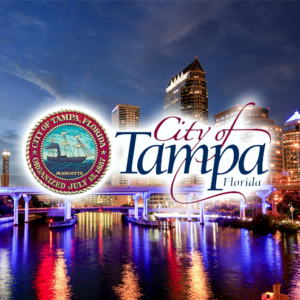

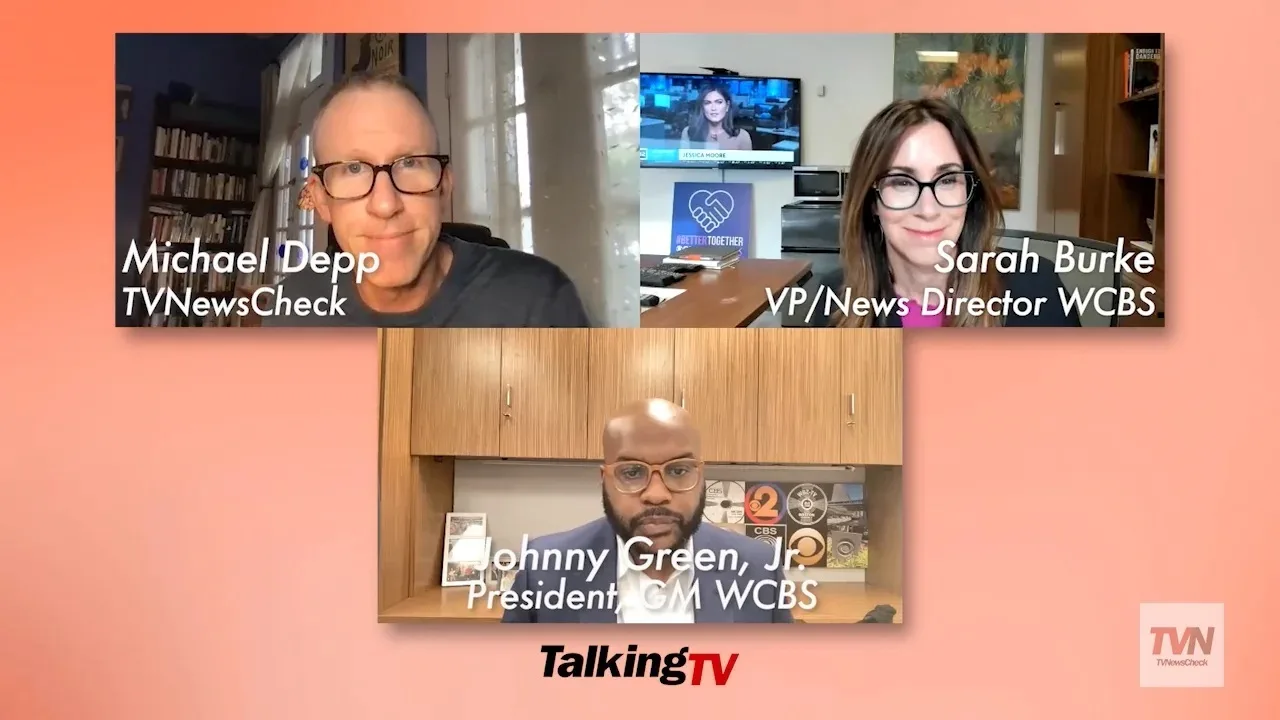
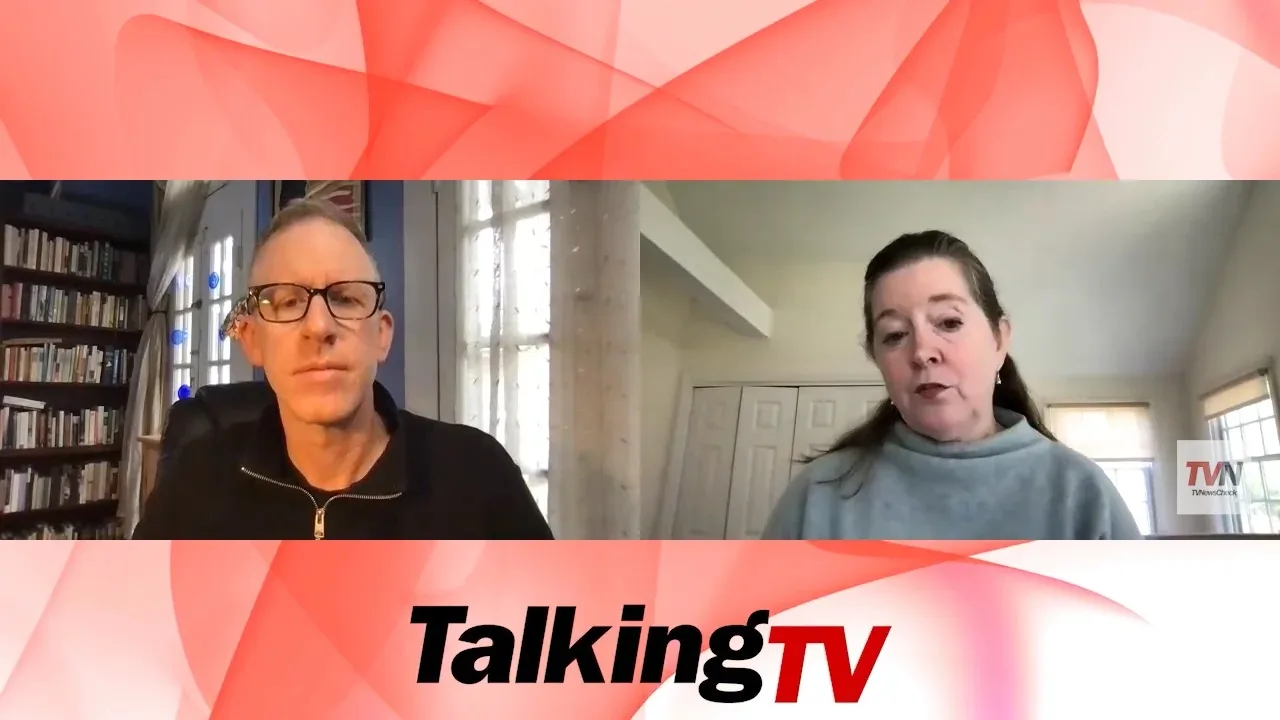


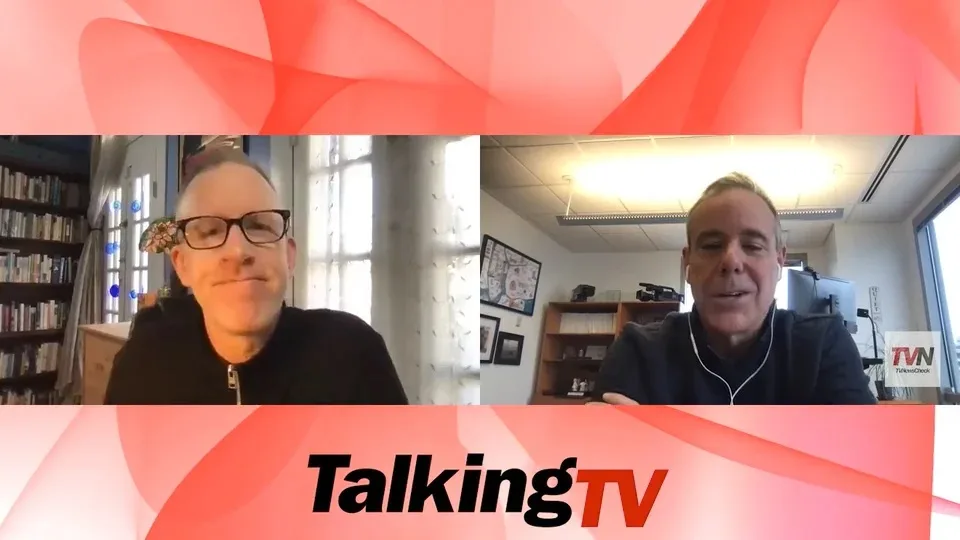

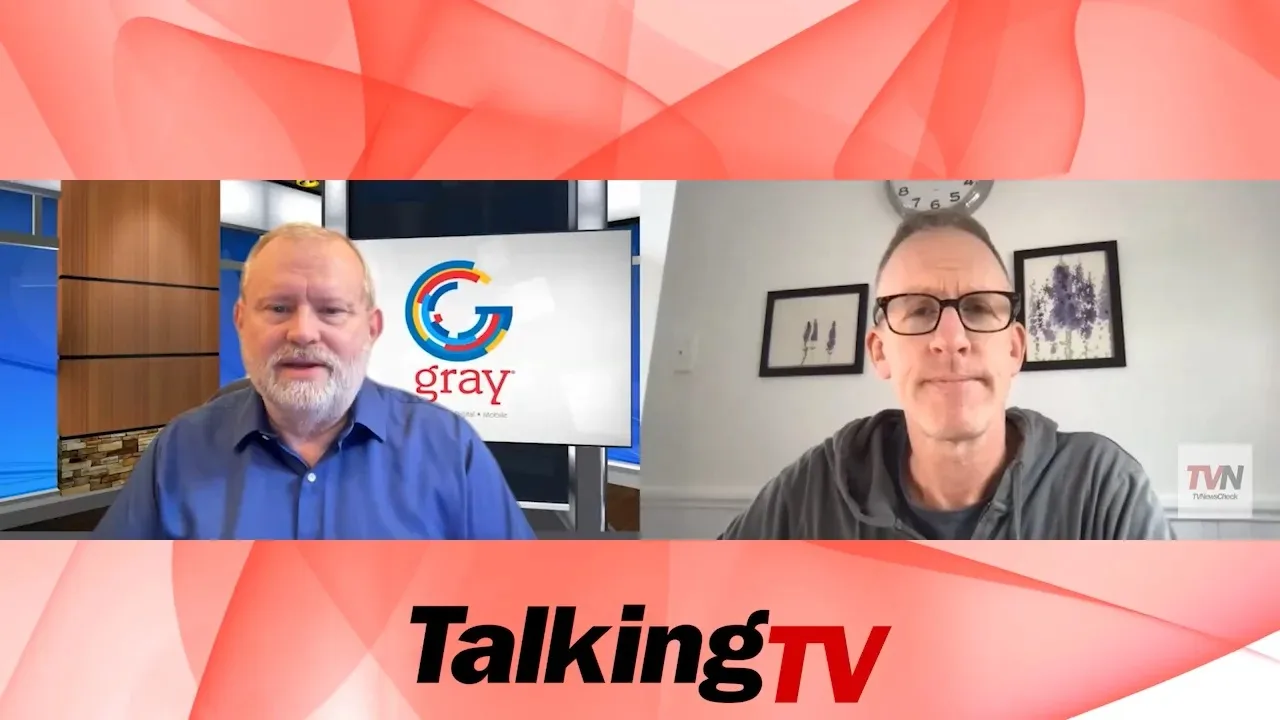

















Comments (1)
kcgiants99@gmail.com says:
November 29, 2022 at 12:23 am
In West Michigan, you can’t have news all-day like big markets they need syndication I think syndication needs dating shows again in my opinion. I don’t get why they ditched it as I think there is a market for a 30-minute show. A lot of the court shows are largely just repeated that are no longer on air Couples court, Paternity court, Judge Jerry, etc. They air the repeats and can’t get anything new. I wouldn’t mind if Street Smarts came back that was a fun show to watch seen a few EPS on YouTube as they have full EPS.